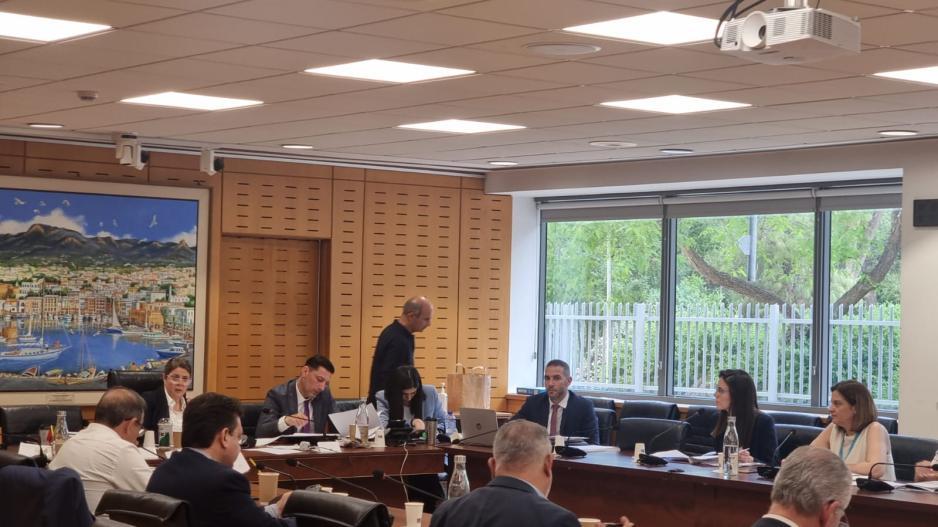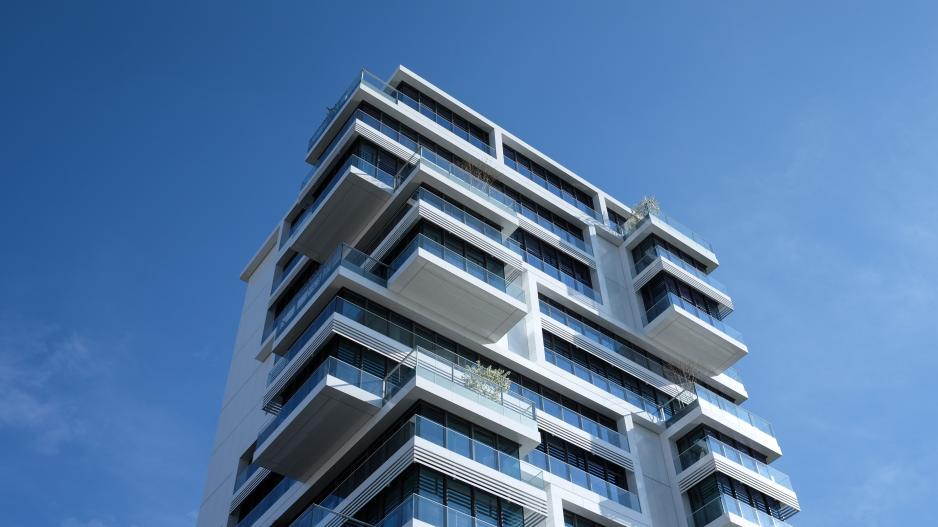Race against the clock: Parliament urgently debates VAT bill to avoid European Commission fines
Huge fines -possibly even close to €300 million- may be imposed on Cyprus by the European Commission, if the bill regarding the 19% VAT on the purchase or construction of a primary residence is not voted on and implemented, as warned by economists in Brief.
According to experts, if Cyprus further delays the implementation of the legislation, the Commission, already in the process of infringement proceedings, will proceed with a substantial fine. This is due to the history of abuse involving the reduced VAT rate of 5% in the Citizenship by Investment Program. It is worth noting that the European Commission sent an urgent letter to the Ministry of Finance in December 2022, urging them to vote on the legislation within 2 months.
Meanwhile, today (June 1), the Parliamentary Committee on Finance is convening urgently to agree on the final bill that will be presented to the Plenary for voting on June 8. However, the Committee’s consensus on a possible bill will be irrelevant if the government receives another negative response from the European Commission.
The challenge for the Finance Parliamentary Committee is to find a middle ground between what the Commission accepts and what the political parties desire, despite the Ministry of Finance conveying the Commission's previous negative response last week.
According to statements made by the Director-General of the Ministry of Finance before the Members of Parliament, the Commission did not accept the joint proposal of the Parliamentary Committee because it lacked social targeting. Furthermore, the Commission set a limit of 110 square meters for the property area that would be eligible for the reduced VAT rate.
Speaking to Brief, economists voiced their support for this approach, noting that the government can easily assist young couples and vulnerable individuals in purchasing or constructing their primary residences if it wishes to, without granting a low VAT rate for high-value properties. By doing so, it can avoid a confrontation with the European Commission, which is already concerned about how the reduced VAT rate has been utilized by Cyprus.
Moreover, sources that spoke to Brief, stated that Cyprus can vote on and implement the 19% VAT legislation and subsequently use its housing policy to specifically assist young couples and vulnerable individuals, thus avoiding obstacles from the European Commission.
On the other hand, the political parties are considering three proposals, with one of them having the highest likelihood of securing the necessary majority in the Plenary.

-Apartments up to 90 square meters will be subject to 5% VAT. (If the apartment exceeds 90 square meters but is up to 110 square meters, then the VAT rate of 19% will apply to the additional square meters beyond 90, with a ceiling of 110 square meters. If one purchases an apartment larger than 110 square meters, the 19% VAT rate will apply to the entire area. The property value should not exceed €275,000.)
-Detached houses up to 160 square meters will be subject to 5% VAT. (From 161 square meters to 220 square meters, a 19% VAT rate will apply. For detached houses larger than 220 square meters, the 19% VAT rate will apply from the first square meter. The value should not exceed €350,000.)
The proposal suggests eliminating the distinction between apartments and detached houses.
It specifies that the 5% value-added tax (VAT) should be based on the property value rather than the square footage. This means that the first €350,000 of a property's value will be subject to a 5% VAT rate, while any amount between €350,000 and €500,000 will be subject to a 19% VAT rate. Properties valued above €500,000 will also be subject to a 19% VAT rate from the first euro onwards.
The hybrid proposal, which appears to have the greatest chance of being approved, combines the key aspects of the first two proposals. It includes the following provisions:
-It eliminates the differentiation between apartments and detached houses, focusing on two combined parameters: area and value.
-In terms of area, properties up to 120 square meters will be subject to a 5% VAT rate, while properties ranging from 121 square meters to 190 square meters will be subject to a 19% VAT rate. Properties exceeding 190 square meters will be subject to a 19% VAT rate from the first square meter onwards.
-The second parameter concerns the value of the property. Properties valued up to €350,000 will be subject to a 5% VAT rate. For properties valued between €351,000 and €475,000, a 19% VAT rate will apply. Properties (apartments and detached houses) valued above €475,000 will be subject to a 19% VAT rate on the entire value. For example, if someone purchases a 90 square meter apartment valued at €1 million, they will be required to pay a 19% VAT rate on the entire amount.






